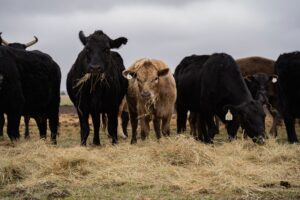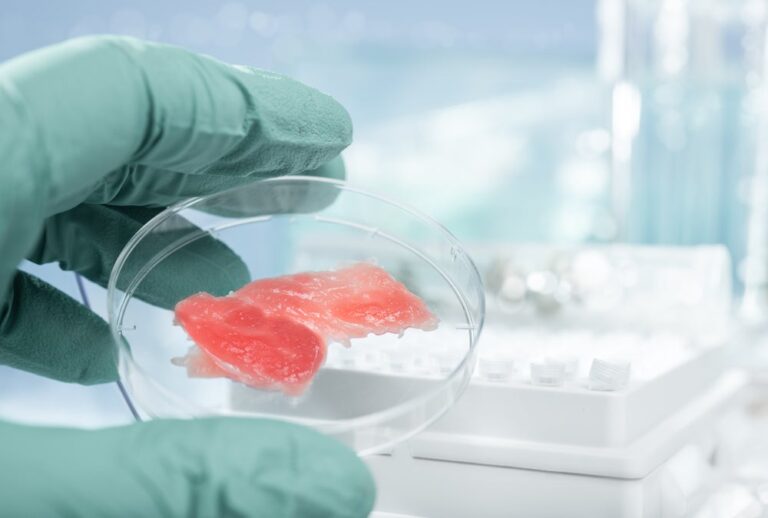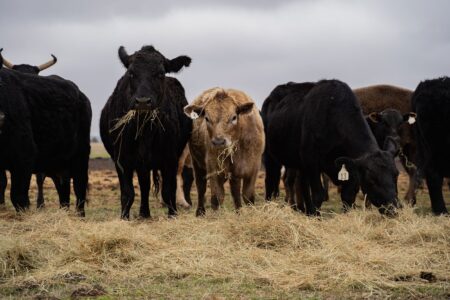Texas lawmakers have taken a stance in the growing debate over the future of meat. Senate Bill 261, which prohibits the sale of lab-grown, or cell-cultured, proteins in the state, has passed the House of Representatives and is headed to the Senate floor for a final vote.
The bill, authored by state Sen. Charles Perry and sponsored by Rep. Stan Gerdes, is designed to shield consumers from what lawmakers and supporters describe as an untested and potentially misleading product, while defending the traditional cattle industry that plays a central role in the state’s economy and identity.
The Texas & Southwestern Cattle Raisers Association has thrown its full support behind the bill. Its president, Carl Ray Polk Jr., said the legislation is a much-needed defense against threats to the beef industry.
“Ranchers across Texas work tirelessly to raise healthy cattle and produce high-quality beef,” Polk said. “Our association is grateful for those legislators who voted in support of this legislation and understood the core of this bill — to protect our consumers, the beef industry and animal agriculture.”
Supporters of SB 261 argue that lab-grown meat lacks transparency and sufficient regulatory oversight. Though touted by some food tech companies and environmental advocates as a sustainable alternative to livestock production, cell-cultured proteins have yet to gain wide consumer acceptance. Critics also point out the absence of long-term data on health impacts.
If the Senate approves the bill, Texas would join a growing list of states pushing back against the emerging lab-grown meat industry. Six other states including Montana, Indiana, Florida, Alabama, Mississippi, and Nebraska have enacted their own bans with other agriculture-heavy states are watching closely.
The final Senate vote on SB 261 is expected in the coming days.
»Related: Nebraska becomes 6th state to ban lab-grown meat



:max_bytes(150000):strip_icc()/100373157_corn-99c92493a64f48a6b3e7edb71b5ba46c.jpg)






:max_bytes(150000):strip_icc()/Diseaseplaybookksouthernrust-b5873b78fd1949cab74ab000f2db061b.jpg)
:max_bytes(150000):strip_icc()/IMG_9826-2048x1365-f806c72c7dd648439cec6af3fdbc26cb.jpg)
:max_bytes(150000):strip_icc()/54655184064_cb1144d08e_o-4f20d1b5fb5941dd9f5863e437bf90ae.jpeg)